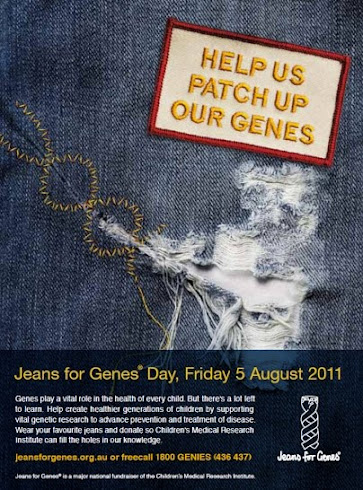SUSTAINING AN EFFECTIVE SABMR
The South African Bone Marrow Registry (SABMR) is in desperate need of donors from all ethnic groups and mixed ethnic backgrounds.
Regrettably, the SAMBR does not receive any government funding towards the cost of tissue typing the blood samples and exists solely on donations from the public.
Without financial support the work of the SABMR would come to a complete halt and bone marrow transplantation would no longer be a treatment option in South Africa.
This is why The Sunflower Fund (Friends of the South African Bone Marrow Registry) was formed in 1999.The Sunflower Fund is a non-governmental, non-profit organisation based in Cape Town, South Africa, with a vision to give all South Africans diagnosed with leukaemia and other life-threatening blood disorders the chance of life, irrespective of their race and financial circumstances.
The Sunflower Fund’s core purpose is to educate, recruit and raise funds to build and sustain an effectiveSABMR as a viable source of well informed ethnically-diverse potential bone marrow donors so as to meet the national and international requirements and improve the chances of life-saving transplants for serious blood disorder sufferers.
Sunflower Achievements
So far, our efforts - with the support of many others - have increased the donor numbers on the SABMR from a mere 1,200 in 1999 to over 65 500 today! Also, since April 2003 to date, The Sunflower Fund spent just over R4 million on tissue typing throughout South Africa. This is a wonderful achievement, yet more needs to be done.
Due to the 1:100 000 chance of finding a compatible donor, at least 100 000 donors are needed for a Registry to function effectively and in South Africa, the Registry should ideally have 400 000 donors representative of all ethnic groups.
Regrettably, the SAMBR does not receive any government funding towards the cost of tissue typing the blood samples and exists solely on donations from the public.
Without financial support the work of the SABMR would come to a complete halt and bone marrow transplantation would no longer be a treatment option in South Africa.
This is why The Sunflower Fund (Friends of the South African Bone Marrow Registry) was formed in 1999.The Sunflower Fund is a non-governmental, non-profit organisation based in Cape Town, South Africa, with a vision to give all South Africans diagnosed with leukaemia and other life-threatening blood disorders the chance of life, irrespective of their race and financial circumstances.
The Sunflower Fund’s core purpose is to educate, recruit and raise funds to build and sustain an effectiveSABMR as a viable source of well informed ethnically-diverse potential bone marrow donors so as to meet the national and international requirements and improve the chances of life-saving transplants for serious blood disorder sufferers.
Sunflower Achievements
So far, our efforts - with the support of many others - have increased the donor numbers on the SABMR from a mere 1,200 in 1999 to over 65 500 today! Also, since April 2003 to date, The Sunflower Fund spent just over R4 million on tissue typing throughout South Africa. This is a wonderful achievement, yet more needs to be done.
Due to the 1:100 000 chance of finding a compatible donor, at least 100 000 donors are needed for a Registry to function effectively and in South Africa, the Registry should ideally have 400 000 donors representative of all ethnic groups.
65, 000 donors is a great achievement but the odds are against this wonderful organisation... If you are over 18, please become a donor and please let your family and friends know about this wonderful organisation and help them save more lives!

